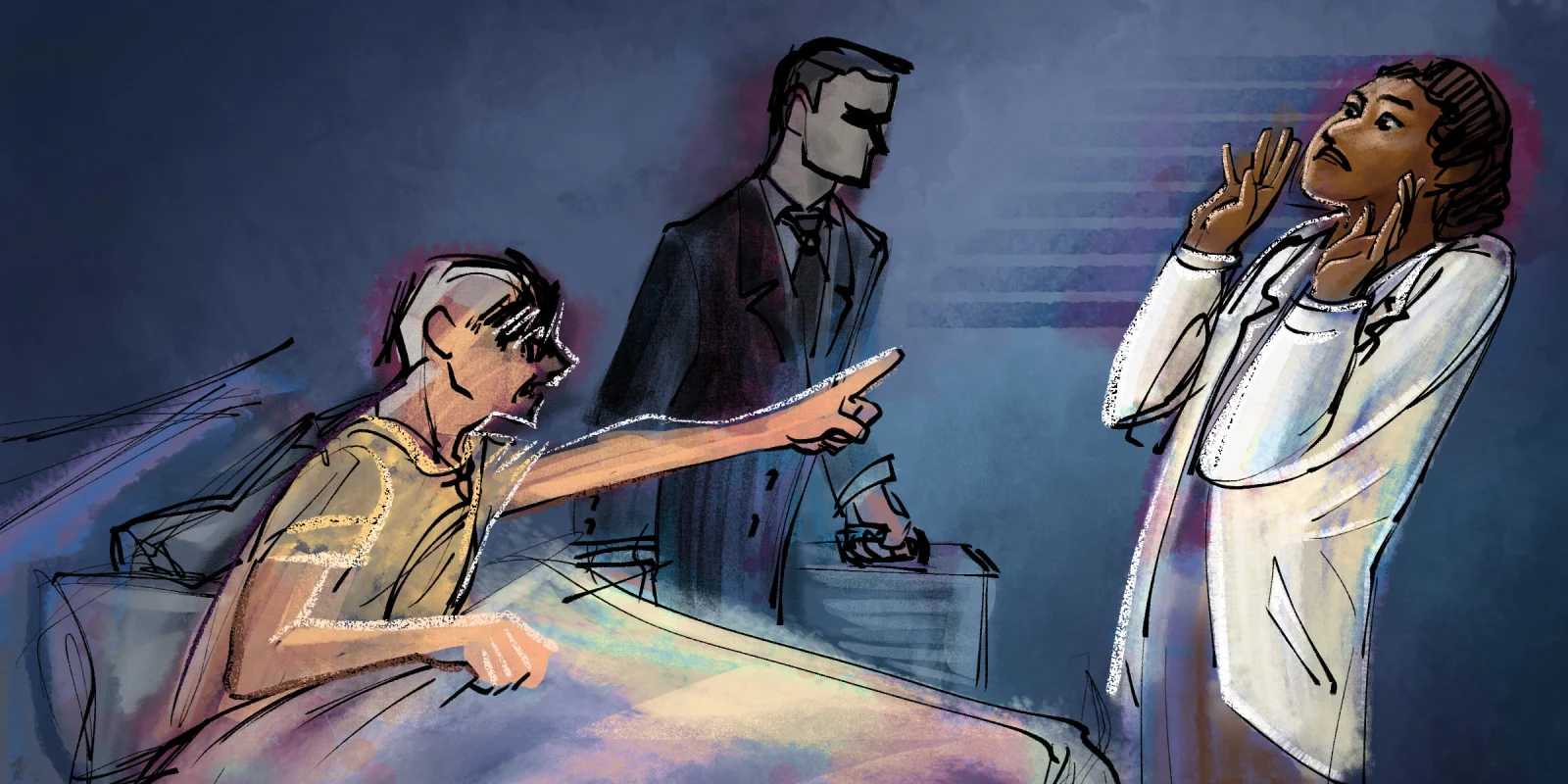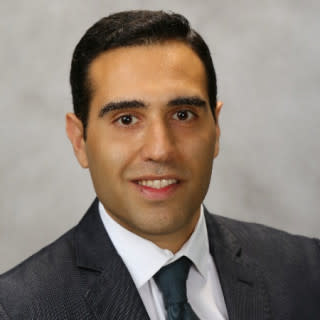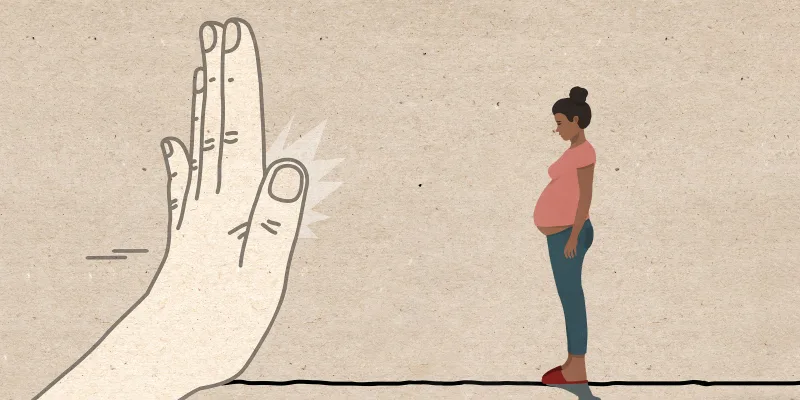What is the central question that your study and/or presentation tries to answer?
The central question that we wanted to answer in this study was: “Is there an association between scholarly activity, academic rank, and practice setting with malpractice claims in the otolaryngology field and among otolaryngologists?” We gathered data from publicly available databases on malpractice claims over the past decade. Additionally, we used h-index and number of publications as quantitative measures for scholarly activity and extracted data on practice settings of the surgeons involved in alleged litigation claims.
How do these findings and/or conclusions potentially impact clinical practice?
Medical malpractice litigation claims have become a substantial consideration in determining a physician’s standard practice. Unfortunately, this has resulted in an increasing tendency toward practicing defensive medicine that not only impacts patient care but also results in increased healthcare costs. We believe that familiarity and knowledge of the trends in medical malpractice can assist surgeons in managing the potential risk of litigation in their clinical practices and help improve the quality of patient care that will directly correlate with decreasing the national healthcare cost.
If applicable, what are the key findings from your study?
We identified a total of 102 malpractice cases against otolaryngologists over the last decade. Of the 102 cases, 77.5% were ruled in favor of the defendant, 13.7% in favor of the plaintiff, and 8.8% were settled outside of court. Among the cases ruled in favor of the plaintiff, a total amount of $46.5 million was awarded, with a mean amount of approximately $3.3 million.
Of those, approximately 80% were in community/private settings. The average h-index for surgeons who had favorable litigation outcomes was nine, and the average h-index for surgeons found at fault was four. We found a statistically significant correlation between the higher h-index indicating a higher scholarly activity and favorable litigation outcome. That said, the significance of this finding is unknown and cannot be extrapolated based on the current data, given that the publicly available lawsuit databases do not contain information on litigations settled before proceeding to court.
What else would you like attendees to know about your presentation?
We also found that, over the past decade, the most common procedure that led to malpractice claims in the otolaryngology field was endoscopic sinus surgery. We also looked into the underlying reasons for litigation against otolaryngologists and found that improper performance was the most common underlying reason for malpractice claims. Other common reasons for litigation were a failure of informed consent and delayed or misdiagnosis.
Dr. Ziai has no conflicts of interest to report.
Illustration by April Brust







